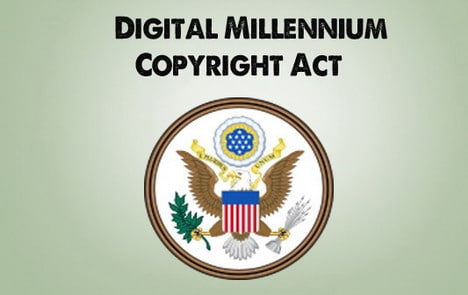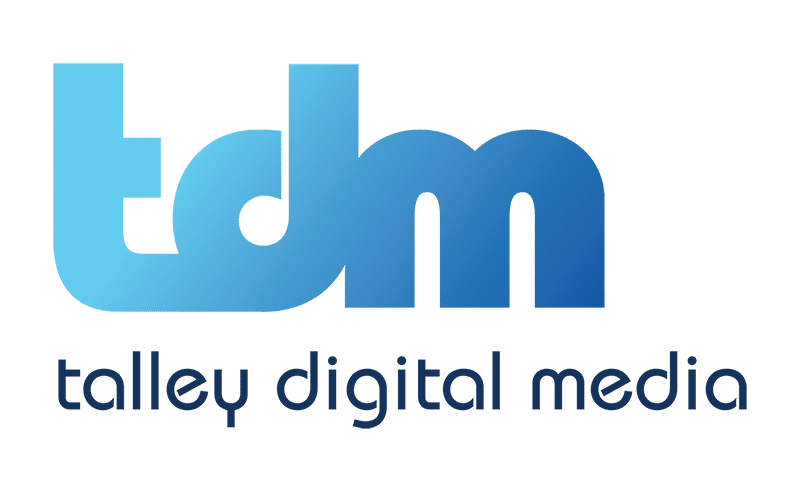Using the Digital Millennium Copyright Act

In the old days, the news would be printed in the newspapers, or a story would air on TV, and it would be just that… “new”. It’s in the word. News is supposed to be fresh new events or stories that are happening in the world.
With the advent of the internet and search engines, that ceased to be the case. Now, news organizations write an article or story and post it online, and that content stays there forever! It’s right in front of everyone’s eyes.
Sure, before if someone really wanted to look up an old story, they could go to the library and look it up on microfiche (hey Millennials, whats that?), but is anyone really going to do that? No.
Now it feels like there is no recourse or anything you can do if people are using your information and refusing to take down information about you.
Well, there’s actually a little known Act from 1998 which deals directly with this issue. The Digital Millennium Copyright Act makes it a criminal offense to infringe on someone’s copyright on the internet.
What can I do?
Do you think someone is infringing on your copyright online? Is someone using your personal likeness or business on their website in order to profit?
Send a Takedown Notice
With a DMCA takedown notice, you are basically telling a website owner or search engine that they are using your content without permission, and they need to remove everything that is infringing on your copyright.
This includes any text, images, video, files, or anything else that belongs to you. There are a few exceptions though, like the “Fair Use” Rule. You can read more about the Fair Use Rule here: Fair Use Copyright
If you believe that a website is using your copyright and you need to send a takedown notice, there are a few steps you can take.
- Do a Whois search on the domain: Whois domain tools will help you try to locate the owner of the website. This will not always work, because a lot of times website owners can hide themselves using CDNs like Cloudflare to mask their identity, but you can sometimes find out who is hosting the domain if you look into the web history for the domain name.
- Use a form. If dealing with a search engine, hosting company or ISP, they may have a form to fill out for DMCA Takedowns. Fill the form out with all the required information for why you believe that the website has infringed on your copyright.
- Write a letter. If there is no DMCA form and you have found the owners contact information, you need to draft your DMCA Takedown notice. The notice needs to follow the DMCA directly though, and requires certain content in order to be successful.
- Written and Signed
- Cite the copyrighted work that they are infringing on
- Show where on their site they are violating your copyright
- Give your contact information for them to respond
- Prove that you are yourself the owner or are authorized by the owner to act on the copyright
If you need a template to start with, you can go here: DMCA Template





